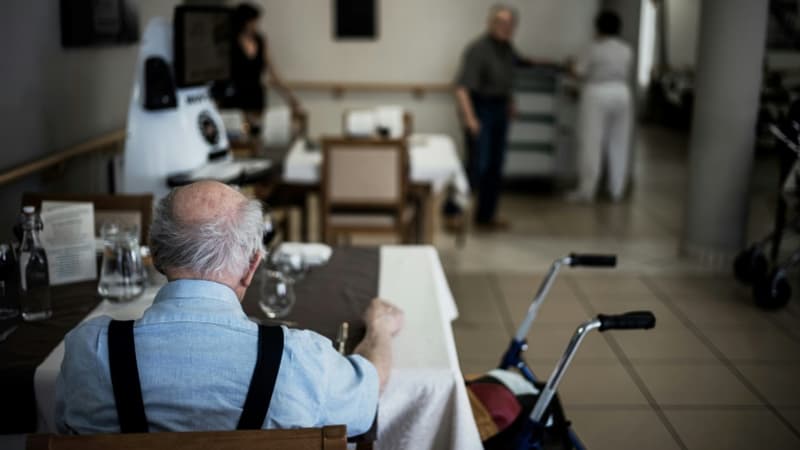Deficit reduction, free morning-after pill, tobacco price increase, fight against fraud… These are the main measures of the Social Security financing bill presented this Monday in the Council of Ministers.
• Deficit
Since the dismal record of 2020 (almost 39,000 million), the losses have continued to reduce: less than 25,000 million in 2021, 17,800 million this year and, therefore, 6,800 million expected in 2023.
A figure, however, subject to caution, because largely due to the thawing of the Covid bill: the provision for tests and vaccines would fall from more than 11 billion in 2022 to just one billion next year, an amount that ” there is a risk of turning out to be very insufficient” to cover the expected expenses, according to the Superior Council of Public Finances.
• Savings
As in previous years, the budget does not foresee savings in hospitals, but a saving of 1,100 million euros is foreseen in medicines, 250 million in medical analysis laboratories, 150 million in medical imaging and finally 150 million euros in complementary health insurance .
• Fraud
The Government wants to increase the fraud detected by 10% (1,500 million euros this year) and above all to recover more with a target set at 500 million in 2024 (compared to less than 300 million in 2019). To achieve this, he wants to provide judicial police powers to certain “control agents”, authorize the transfer of information to commercial courts or even increase economic sanctions for offending caregivers.
• Teleconsultations
Stoppages prescribed by teleconsultation by a professional other than the treating doctor or doctor treated in the last 12 months will no longer be reimbursable, with some exceptions.
• Tobacco
The price of tobacco “will rise like inflation,” declared Prime Minister Elisabeth Borne. The Government has not specified the expected profit, but points out that tobacco taxation contributes between 13 and 14 billion euros a year, compared to a cost of 20 to 26 billion euros for medical insurance.
• sexual health
Emergency contraception will be free for all women, regardless of their age. “Even today, one in three pregnancies is not planned”, and in these cases, six out of ten end in a voluntary interruption of pregnancy, recalls the Ministry of Health. The text also provides for making screening for certain sexually transmitted infections (including chlamydia and gonococcus) possible without a prescription for everyone and free of charge for those under 26 years of age.
• Vaccination
Pharmacists and nurses will be given the ability to prescribe vaccinations. Midwives will be able to vaccinate more people, their field until now being limited to women, children and those close to pregnant women.
• Medical studies
The internship for general practitioners will be extended for a year, with internships outside the hospital and “priority” in medical deserts, to better train them in liberal practice and support their installation. A consultation will be organized to find the “good conditions” for this additional year, specifies the Ministry of Health.
• Interim
Young caregivers will no longer be able to work temporarily as soon as they leave school, but must first work “in another framework”, salaried or liberal, “for a minimum period” to be fixed by decree. The Government stresses that this practice “destabilizes the teams” and costs hospitals more and more: 500 million euros in 2013, more than 1,400 million in 2018.
• Epad
Some 3,000 nurses and caregivers will come to reinforce the staff of nursing homes, the first phase of a plan that aims to incorporate 50,000 more people by 2027. An additional 4,000 places will be added in home help services.
• Kids
The economic aid paid to families who have their child in the care of a nanny will be revalued, so that the rest of their dependents are the same as if the child had a place in a nursery.
Single-parent families will now receive financial assistance for child care until they enter college, and no longer until the start of CP. And the minimum alimony paid by CAF in the event of non-payment by the other parent will be increased by 50%, going from 123 to 185 euros per month.
Source: BFM TV


